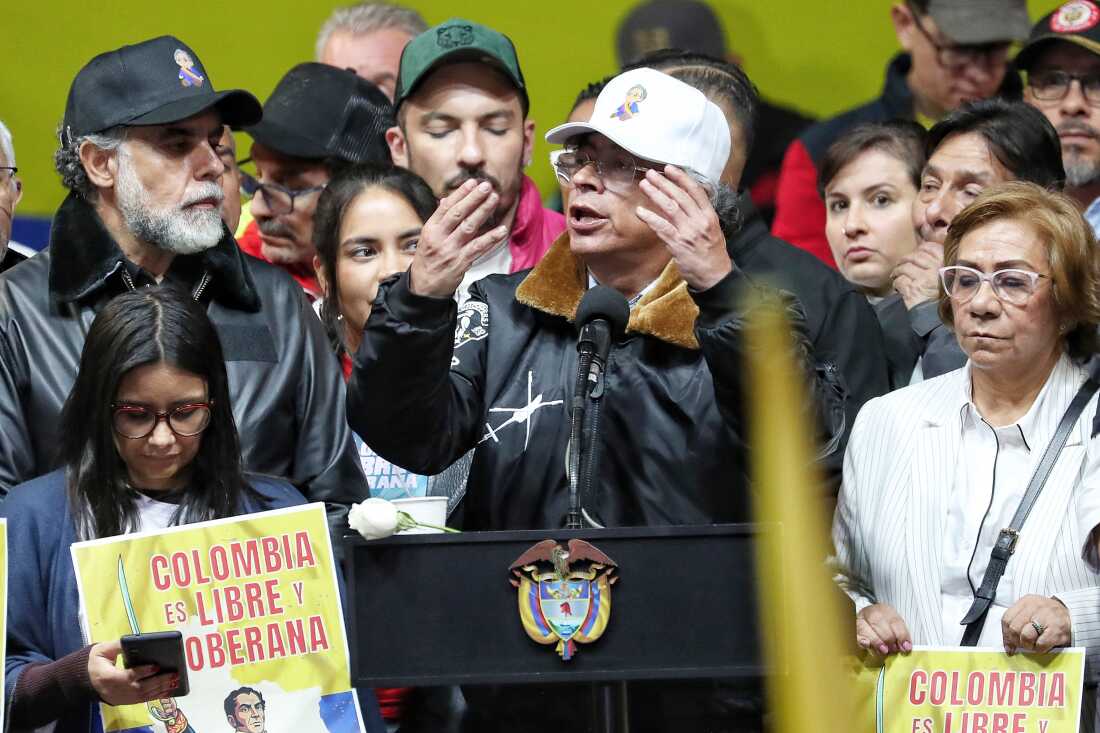By Indradip Ghosh
BENGALURU (Reuters) – The euro zone financial system can be hit with tariffs from the incoming U.S. Trump administration early subsequent yr, based on a majority of economists polled by Reuters, all however making certain a collection of rate of interest cuts from the European Central Financial institution.
President-elect Donald Trump’s proposed across-the-board tariffs may have a major impact on the euro zone financial system over the approaching two to 3 years, based on a robust majority of economists polled.
They’ve additionally raised the dangers of reflation within the U.S.
“Many questions are unresolved, but for now the signs are for weaker growth, more likely disinflation and lower ECB policy rates,” mentioned Greg Fuzesi, euro space economist at J.P. Morgan.
“The threatened tariffs would be much bigger this time round and could come at any time,” he mentioned.
Almost 85% of economists surveyed Nov. 8-14, 37 of 44, anticipated Trump’s proposed tariffs – a ten% common levy on imports from all international international locations and 60% on Chinese language imports – to be applied early subsequent yr.
About the identical proportion, 34 of 39, mentioned the tariffs would considerably influence the euro zone financial system within the coming years.
Since Trump’s U.S. election victory final week, market pricing has swiftly modified in the direction of fewer U.S. Federal Reserve fee cuts and extra ECB reductions.
Some ECB officers have shared related issues. Bundesbank President Joachim Nagel not too long ago mentioned the tariffs, if applied, might value Germany 1% in financial output and it “could even slip into negative territory.”
Markets at the moment are pricing round 150bps of ECB fee cuts between now and end-2025 towards solely round 75bps of Fed reductions, suggesting additional challenges for the euro, which has dropped practically 4% towards the greenback because the election.
Most economists within the Reuters ballot predicted a complete of a minimum of 125bps in reductions from the ECB by end-2025, solely a bit shallower than market pricing.
Over 90% of economists, 69 of 75, forecast the ECB would decrease its deposit fee by 25bps for the third consecutive assembly in December, with practically 70%, 51, predicting two extra cuts subsequent quarter, bringing it to 2.50%.
Whereas many downgraded their 2025 forecast, ballot medians nonetheless count on the financial system will develop 1.2% in 2025 and 1.4% in 2026, unchanged from final month. That implies there are additional draw back dangers to these numbers.
“There are a wide range of sub-scenarios which include a global rise in tariffs between the U.S., EU and China and a sharp increase in uncertainty around global protectionism is certainly significant,” mentioned Henry Prepare dinner, senior economist at MUFG, who estimates a 0.4 share level hit to euro zone development subsequent yr.
Inflation, on the 2.0% ECB goal final month, will common 2.2% this quarter however return to focus on subsequent quarter. It’s forecast to be round there by way of 2027.
Almost 70% of economists, 43 of 63, anticipated the deposit fee to be 2.00% or decrease by the top of subsequent yr, an even bigger majority than the 60% who mentioned this in October. Amongst 44 frequent contributors within the two polls, 43% of economists, 19, downgraded their end-2025 fee forecasts.
The ECB does not have an estimate for the impartial fee, which neither restrains nor stimulates the financial system, however a staff-published paper earlier this yr confirmed an actual fee of round zero – or about 2% in nominal phrases – when adjusted for inflation.
“Rather than the ECB policy rate returning to neutral in mid-2025 we now see the rate falling moderately below neutral by end-2025,” mentioned Mark Wall, chief Europe economist at Deutsche Financial institution (ETR:).

“The rationale in part relates to the prospect of U.S. tariffs under a new Trump administration and in part a weaker underlying macro performance and the emerging threat of below-target inflation.”
(Different tales from the Reuters world financial ballot)




